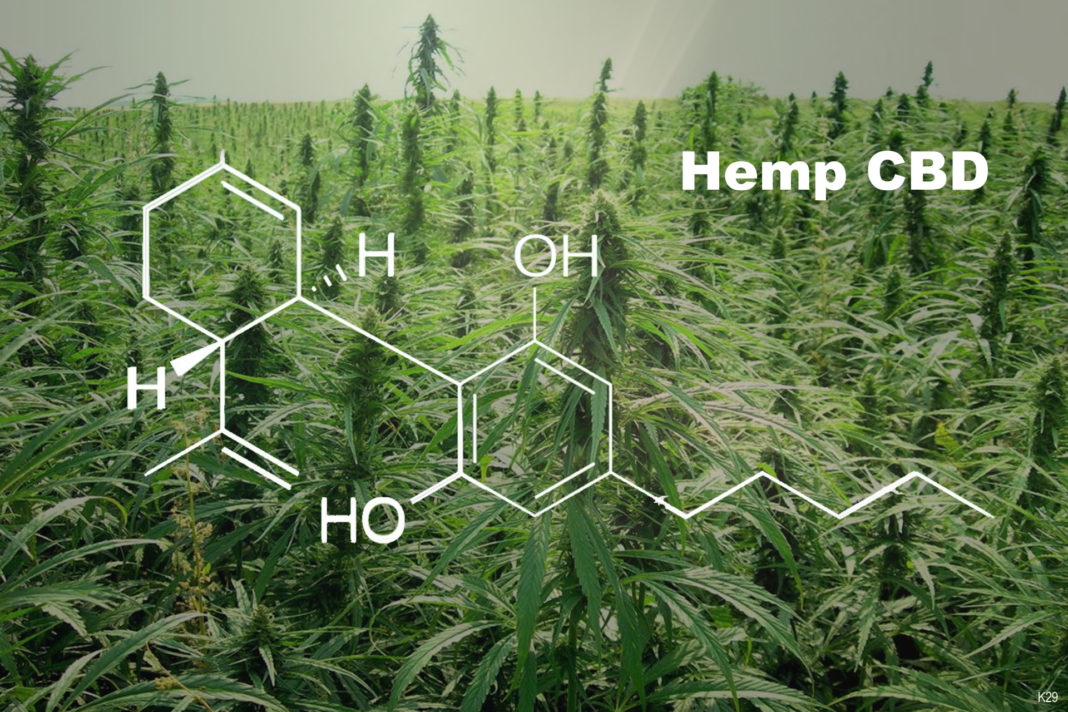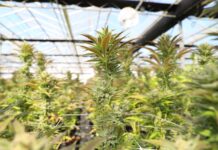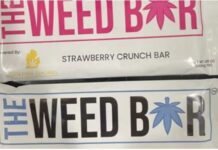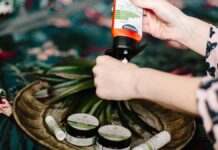JANUARY 24, 2019 – Four of 29 CBD products were found to be troublesome in recent test results, according to Remedy Review, which contracts with independent laboratories “to validate products and protect consumers.” The results indicate the need for independent monitoring and testing of CBD products, Remedy Review cautioned in a press release.
Two of the products, Joy Organics Orange Bliss 500mg tincture and Pure Hemp Botanicals’ 750mg Pure CBD Oil Full Spectrum Tincture failed testing for pesticides. Joy Organics’ product failed due to detection of the pesticide Imazalil while Pure Hemp’s product showed presence of the pesticide synergist piperonyl butoxide. The producer has recalled Orange Bliss units that were purchased in the month of December 2018, according to Remedy Review.
Bacteria, labeling cited
In other results, Sagely Naturals Relief + Recovery CBD + Turmeric Capsules exceeded limits for bile-tolerant gram-negative bacteria; and JustCBD’s 550MG tincture (retail price $74.99) contained only 1.8 mg/mL of CBD – one-tenth the concentration listed on the label, or the CBD equivalent of a 50MG tincture that JustCBD sells for $15.00.
“There is unprecedented incentive for brands to rush products to market and potentially take risks in the supply chain that could harm consumers,” Remedy Review, which is based in Raleigh, North Carolina, said in the release.
Need for standards
“One common thread when speaking to brands and industry observers is that there are no industry-wide standards,” said Marc Lewis, Executive Editor of Remedy Review. “Consumers need to be careful in a space where demand is dramatically outpacing oversight.”
Among other brands tested under the Remedy Review program were Bluebird, Charlotte’s Web, CBDfx, and PlusCBD, all of which got approval along with 21 others.
‘Seal of approval’
ProVerde Labs, which has offices in Maine and Massachusetts, provided third party analytical services for the testing, which Remedy Review says is the beginning of an ongoing testing program through which it will give seals of approval.
Each of the products was tested for cannabinoid content, terpenes, heavy metals, pesticides, residual solvents, and microbiological contaminants. Cannabinoid tests were used to measure label accuracy, with a tested concentration within ten percent of the label deemed acceptable.























